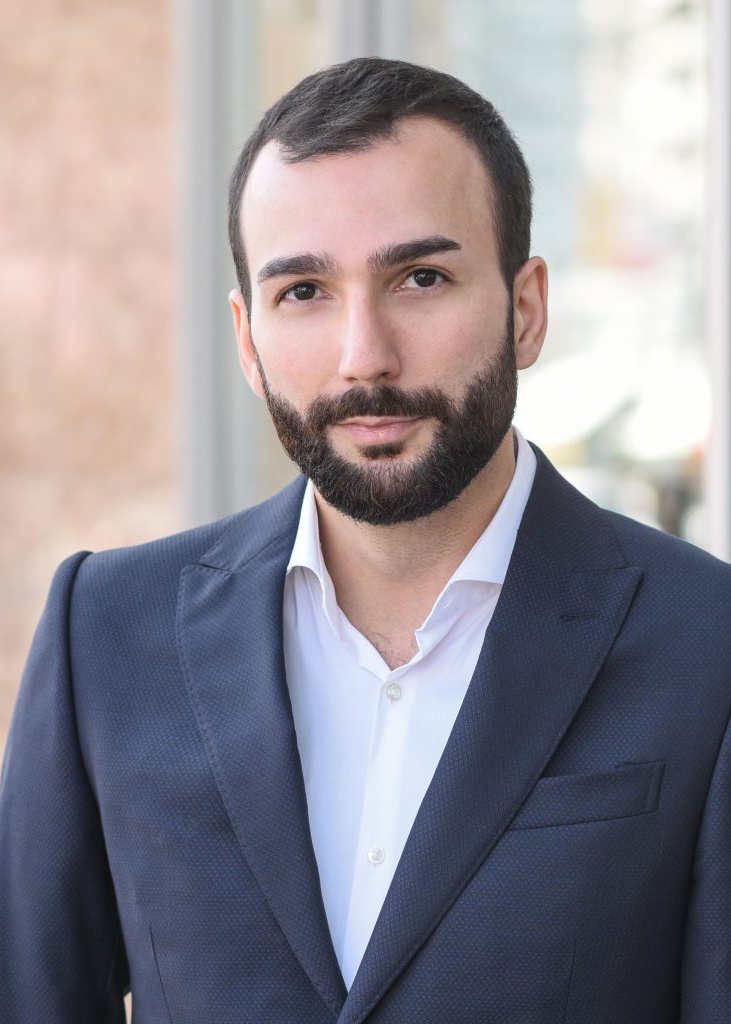Democracy in Iran / Nojang Khatami

My take is that when it comes to establishing and trying to grow these kind of roots for democracy, I personally think it has to be rooted in resistance, originally. I think that democracy, in order for it to be meaningful and for it to thrive over time, it has to grow these kind of deep roots within the culture. And I think that when it comes to protest and resistance, these are ways of expressing these kind of desires. And for really constituting this sort of collective memory among the populace to say, you know, one: we're not going to forget these moments, these acts of brutality by the regime, we're going to make our voice heard, right? So that to me is a deeply democratic way of thinking and of beginning. I think that it's the sort of incipient and early moments of democracy.
We speak with political science scholar, Nojang Khatami who is a Postdoctoral Fellow at the Justitita Center for Advanced Studies at Goethe University Frankfurt. Beginning in the fall of 2023, he will be Assistant Professor of Political Science at Fordham University. Nojang is on to talk about his Boston Review article, “The Lifeblood of Iranian Democracy: From street demonstrations to song, dance, film, and poetry, women are advancing a long legacy of struggle against authoritarianism in Iran.”
Guest
Nojang Khatami
Nojang Khatami's research in political theory includes questions of resistance, decoloniality, aesthetics, and agency, with a focus on comparative political thought.
Khatami has secured a tenure-track Assistant Professor position at Fordham University beginning in September 2023.
Khatami will be working at the Lincoln Centre in New York City where he will focus specifically on Comparative Political Theory, with plans to research and teach aesthetics, decoloniality, and political thought spanning Islamic and Latin American traditions.
Related Interviews
Katherine Ebright
Apr 13 2023






